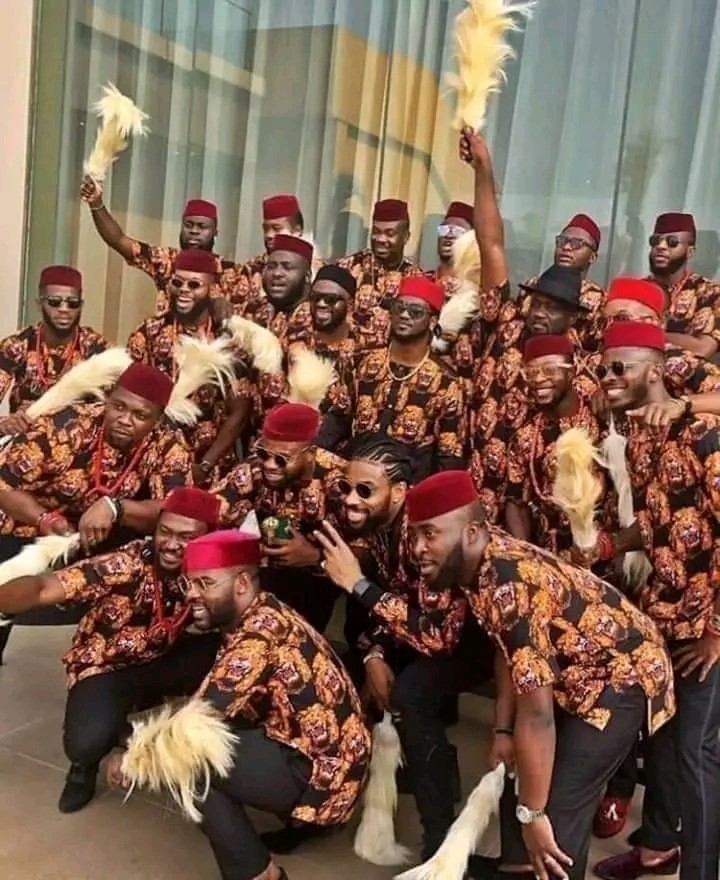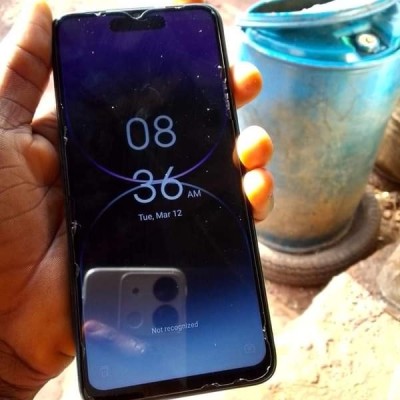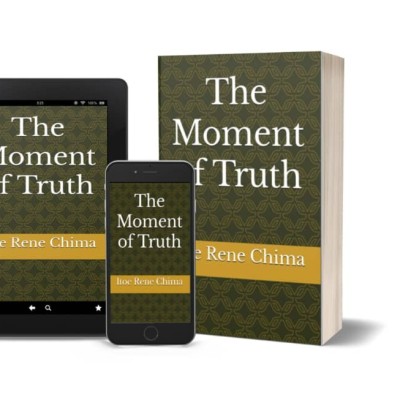ORIGIN AND MEANING OF THE NAME IGBO
The meaning of the name Igbo has been a subject of debate and speculation among many people. There is no consensus on its true meaning.
Firstly, it is important to note that the names of ethnic groups are not always derived from within those groups. For example, the Yoruba people used to refer to themselves as the anago or the aku people, and the name Yoruba was given to them by the Hausa people, which supposedly means someone who is tricky or untrustworthy. However, this is just an example and not our main focus.
Regarding the name Igbo, many have suggested that it comes from Heebo, Eboe, or Ibo. However, this is a false narrative driven by an agenda to draw similarities to Hebrew. It is important to note that no Igbo clan, town, or tribe refers to themselves or others as Ibo, Mr Ibu, Heebo, or Eboe. These terms were first encountered in colonial texts or documents by Portuguese or British explorers and cartographers. The transcriptions of Igbo names were based on how they sounded to these foreigners, taking into consideration their own linguistic rules. As a result, it is easy to transcribe Igbo into Heebo or Eboe, but this does not reflect the true linguistic structures of the Igbo language.
Elevating a western corruption of the native Igbo tribe to a factual and legitimate status is illogical and mischievous. The names Heebo, Eboe, and Ibo are all Western corruptions of Igbo and hold no meaning to the indigenous people. Additionally, attempts to link Igbo to Hebrew through fabricated synonyms such as Igbrew or Hibu are baseless and lack factual support.
The name Hebrew itself is an English corruption of the original Ivriyyim. Many English corruptions have resulted in false similarities, such as using the word Jew instead of the original Hebrew word Yahudi, or Judah instead of Yahuda. It is important to correct these corruptions to truly understand the original Hebrew language.
Some have tried to link Igbo to gboo, suggesting that Igbo means ndi gboo, which translates to ancient people. Although this seems more credible than previous examples, ndi gboo simply means "ndi gboo" and ndi Igbo means ndi Igbo. They are not the same. Furthermore, many parts of Igbo land use different terms like Oche, Ochie, or Akani/Okani to refer to ancient. If it was "ndi gboo," it would have been gboo people, not Igbo people. The etymology and intonation of gboo and Igbo are distinct.
When considering the origin and meaning of the word Igbo, there are three etymologies that give it meaning. These meanings can be found locally without misspelling the word. The first etymology suggests that Igbo originated from a proto-Kwa word meaning "forest" or "forest people," as they were among the first proto-Kwa people to settle in the rainforest area and assimilate the indigenous Pygmy population.
The second etymology suggests that the tribes who settled by the riverbanks referred to the interior tribes as Igbo, indicating those who lived in the interior forests. The hinterland tribes referred to them as oru/olu.
To fully grasp the composite meaning of Igbo and why it became the name of the ethnic group, we must consider the third etymology. Igbo simply means the community or the people of the community. This term was commonly used in the past but has become obsolete, replaced by more commonly used terms like oha, except in certain areas where archaic dialects are still maintained. Igbo is an old usage that signifies the community or congregation of the people. Understanding this sheds light on expressions like "Igbo Nsukka" and the names of communities such as Igbo Etiti, Igbo Eze, Igbo Ukwu, and Igbo Uzo. Over time, it evolved into an ethnic identity, eventually encompassing Oru as well.
Continue following me for more updates!
#like
#comment
#share






